In an interview with Magyar Nemzet, historian Gabor Gergely Barath expressed serious concerns about Ukraine’s possible EU accession. The Ukrainian state currently does not meet the fundamental requirements, yet Brussels disregards this fact, the expert pointed out.
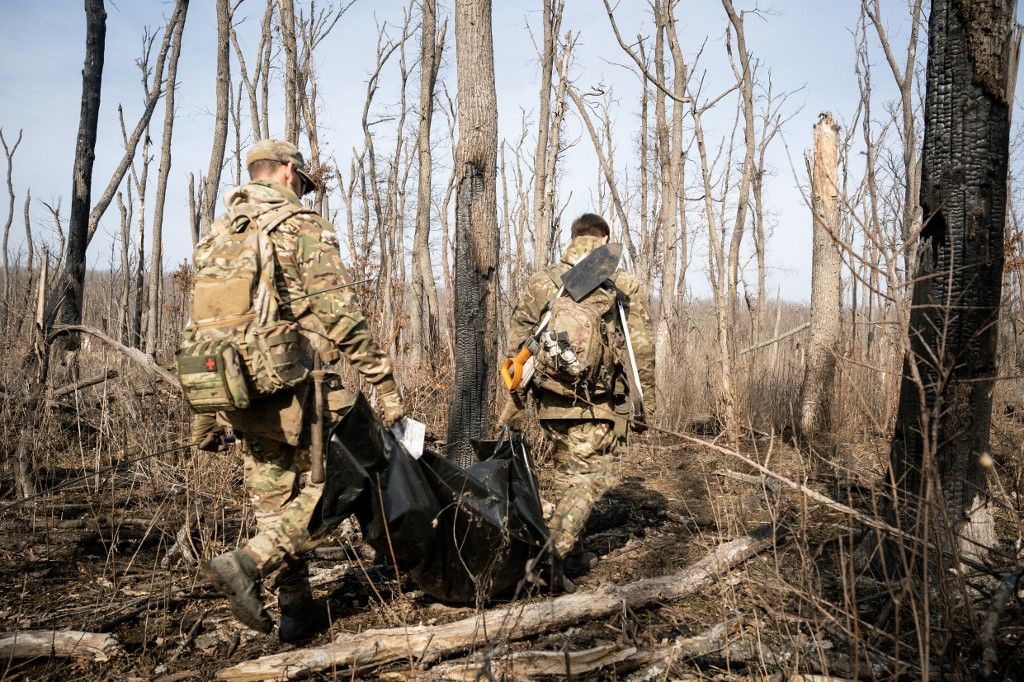
Ukraine is at war, and we do not even know where its borders lie. At this moment, Ukraine does not meet even the most basic conditions, namely the Copenhagen criteria, which were established by the EU in 1993,
Barath stated.
The historian emphasized that the Copenhagen criteria include the rule of law and respect for human and minority rights.
We see every day how the mobilization process is unfolding, and for years, the rights of the Hungarian community have been trampled upon,
he added.
Brussels only cares about Ukraine and war
Barath also highlighted the problems with Ukrainian agriculture: "Ukrainian farmers use chemicals that are banned in the EU, and GMOs are not prohibited there. As a result, large quantities of grain of unknown quality and origin would flood the European market."
He also noted that "the use of cohesion funds and the reconstruction of Ukraine is another critical issue, which, based on the indications, would be financed by the EU.
Brussels is applying a double standard to the Western Balkan states, commented the expert.
Serbia received candidate status in 2012, and there is still no end in sight to the accession process. Over the past 13 years—or even the last 25 years—Serbia has implemented numerous reforms and undergone major changes,
he pointed out.
Despite this, enlargement skepticism has been noticeable from the EU in recent years, Barath emphasized.
Meanwhile, Ukraine is being pushed through in a fast-tracked process, sending a negative message to the Balkan countries.
This is evident in public opinion surveys, which show a continuous decline in support for the EU among Serbian citizens.
Hungary Stands by Serbia
Barath highlighted Hungary’s role in the process, pointing out that "among EU member states, Hungary is the only one that fully supports Serbia and the Western Balkans’ accession process. Hungary’s support is particularly important, as relations between the two countries are at a historical high in every aspect."
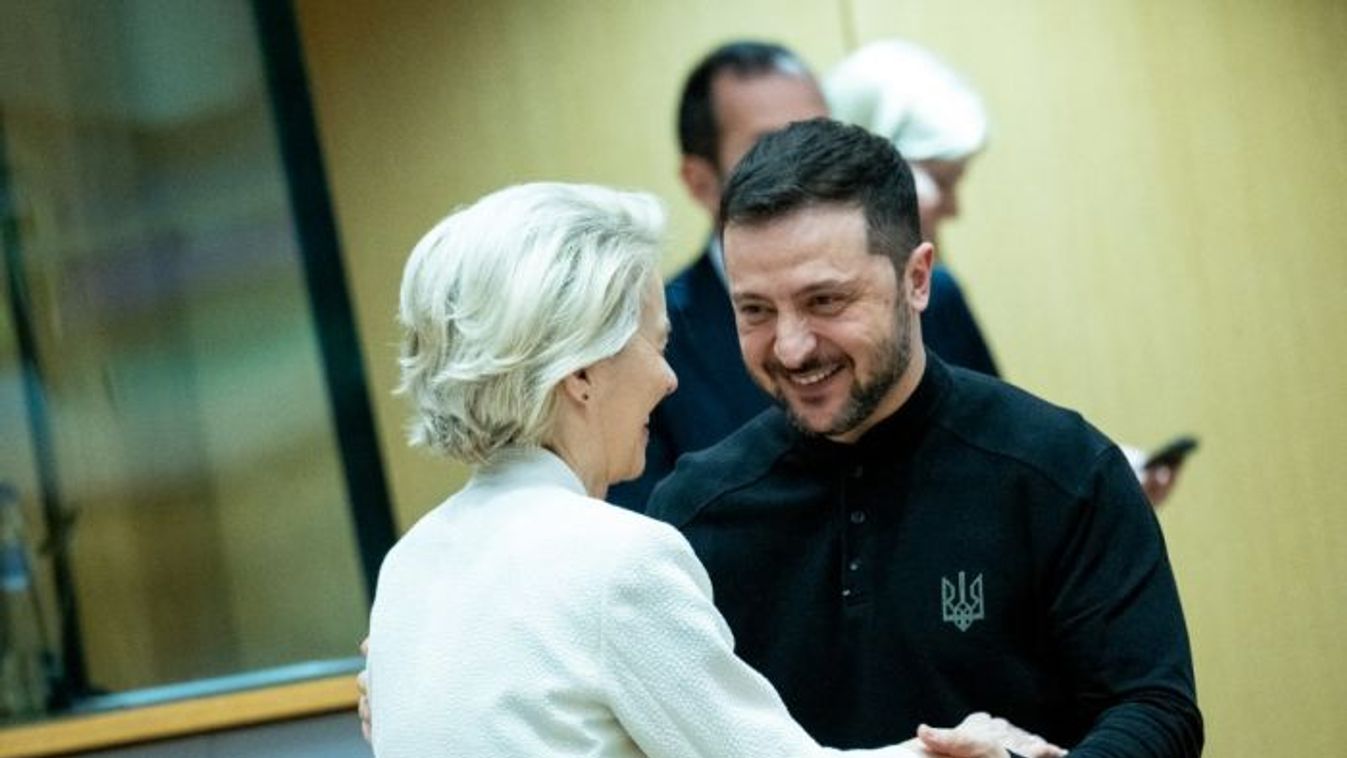






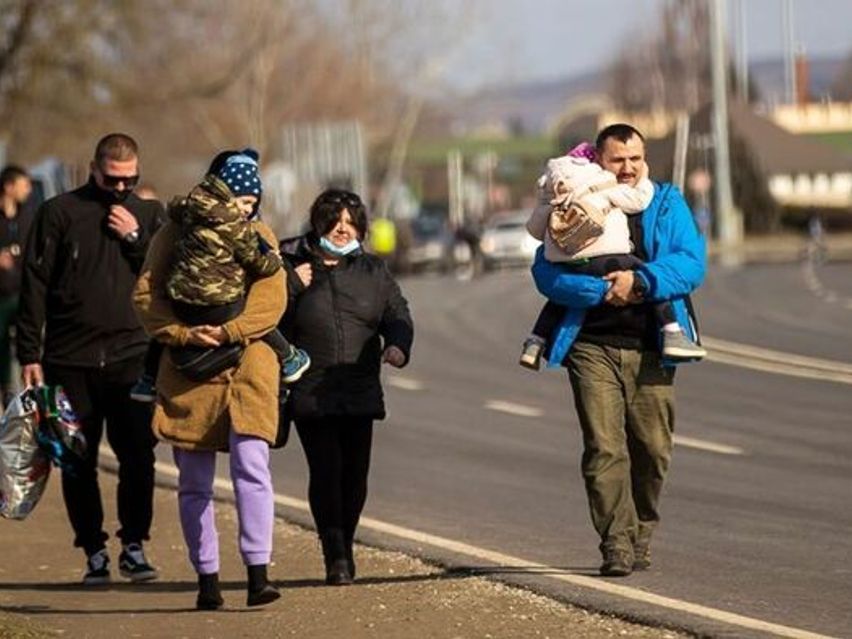
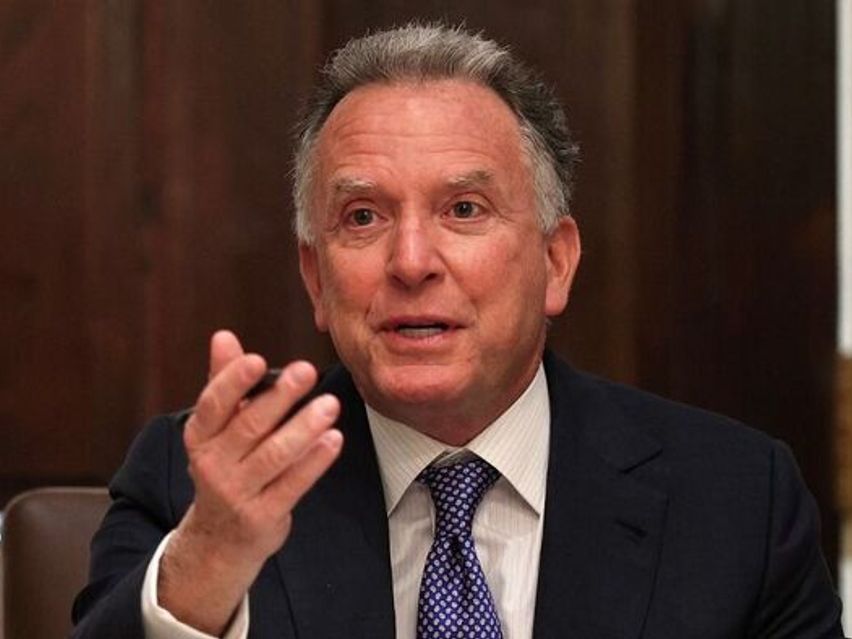


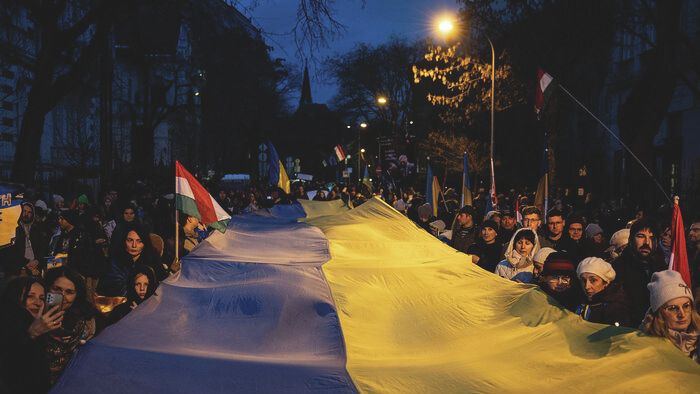
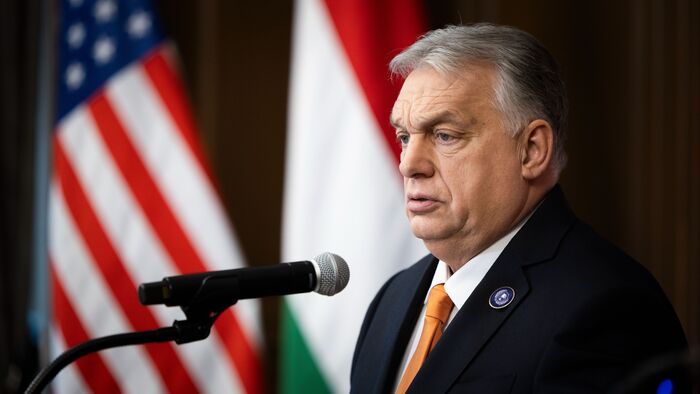
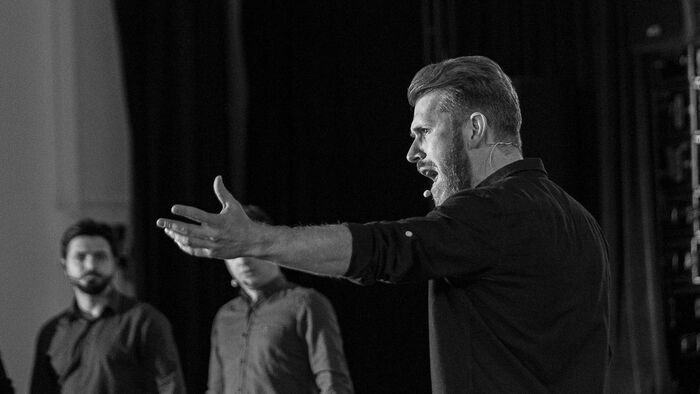
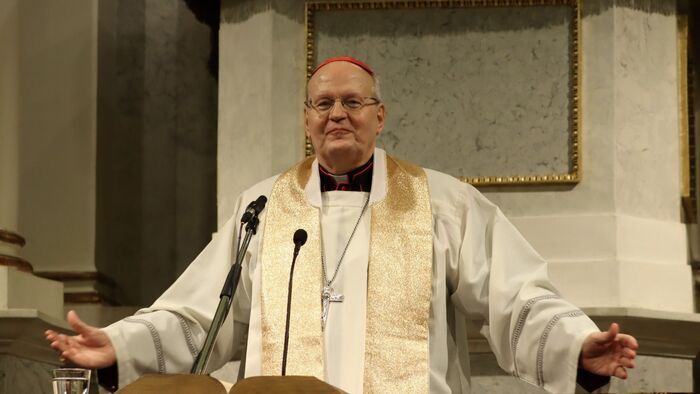
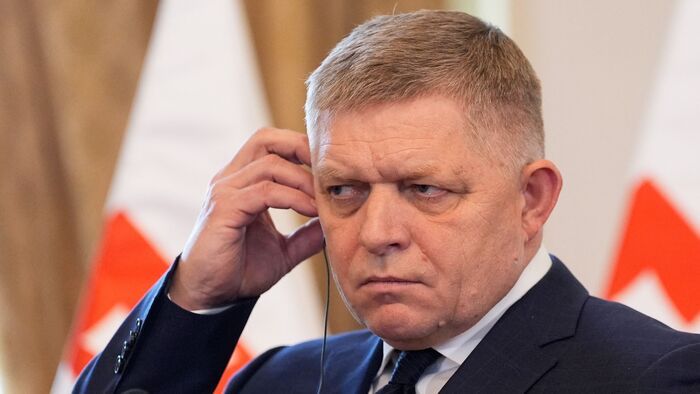
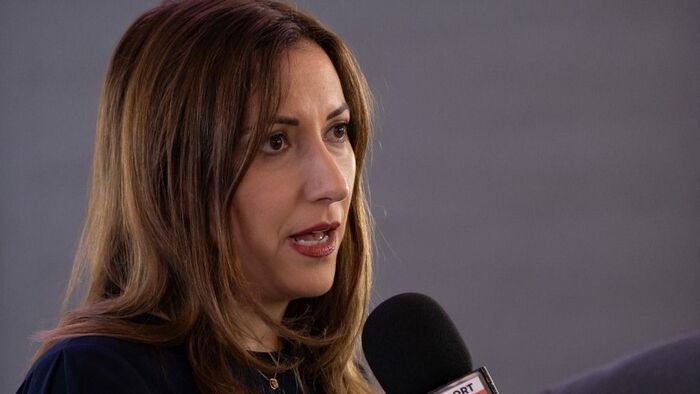
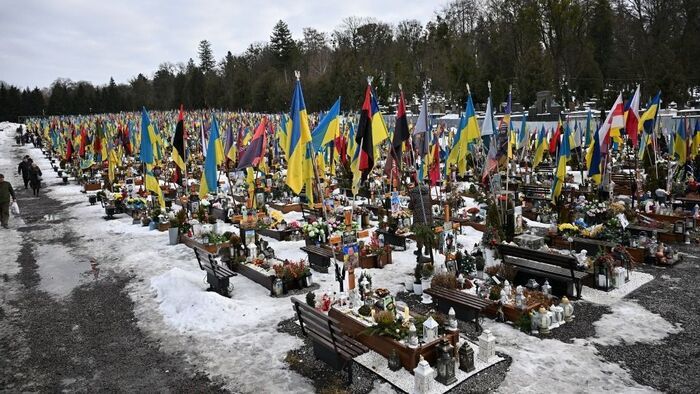


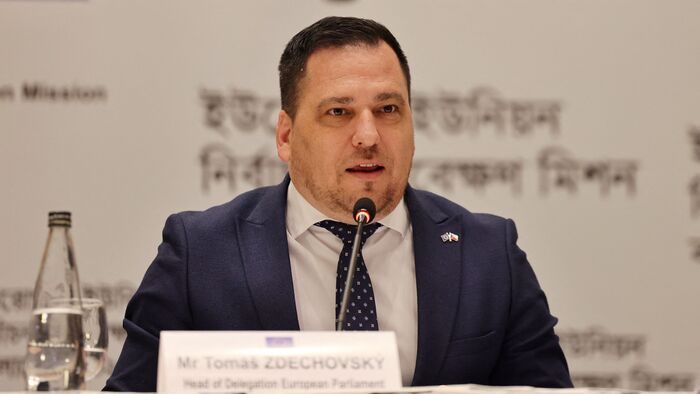
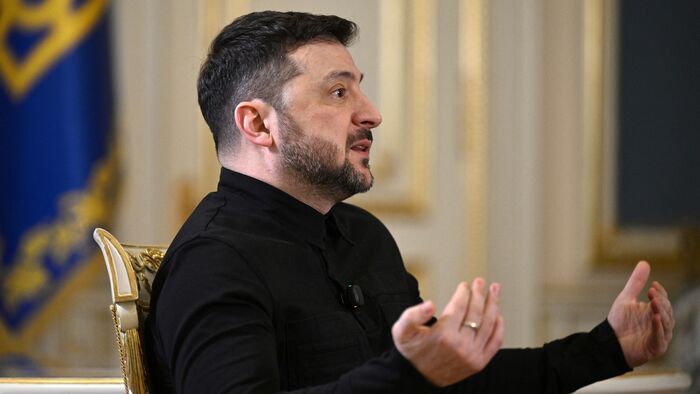

Szóljon hozzá!
Jelenleg csak a hozzászólások egy kis részét látja. Hozzászóláshoz és a további kommentek megtekintéséhez lépjen be, vagy regisztráljon!